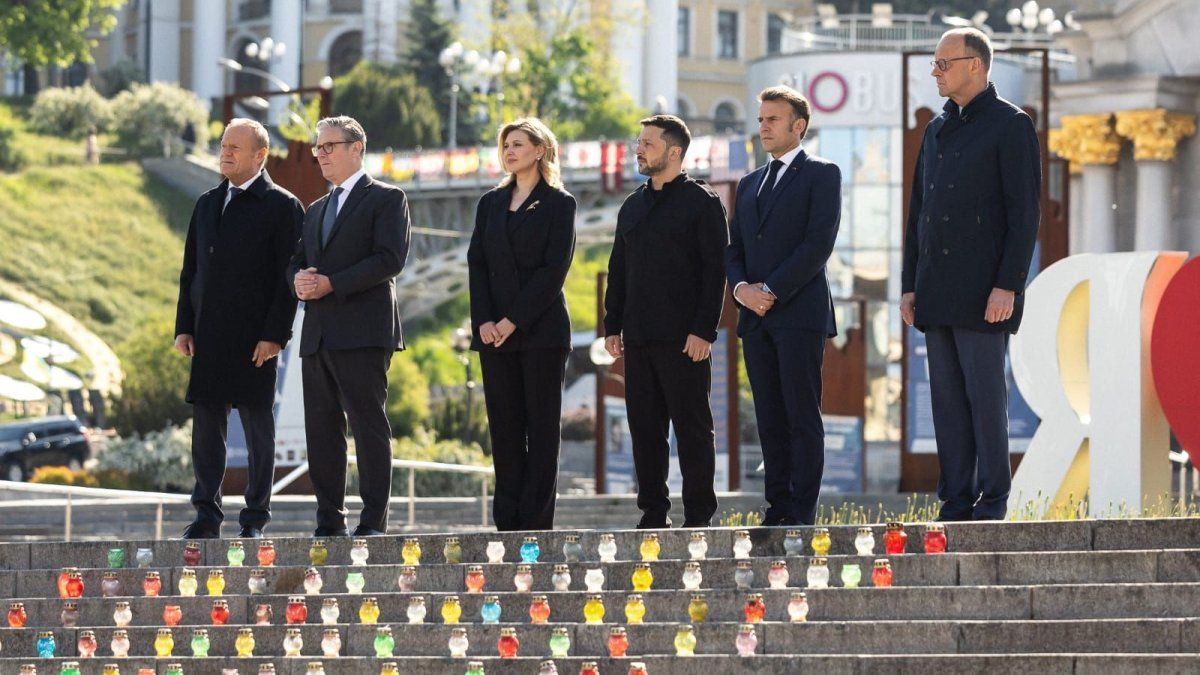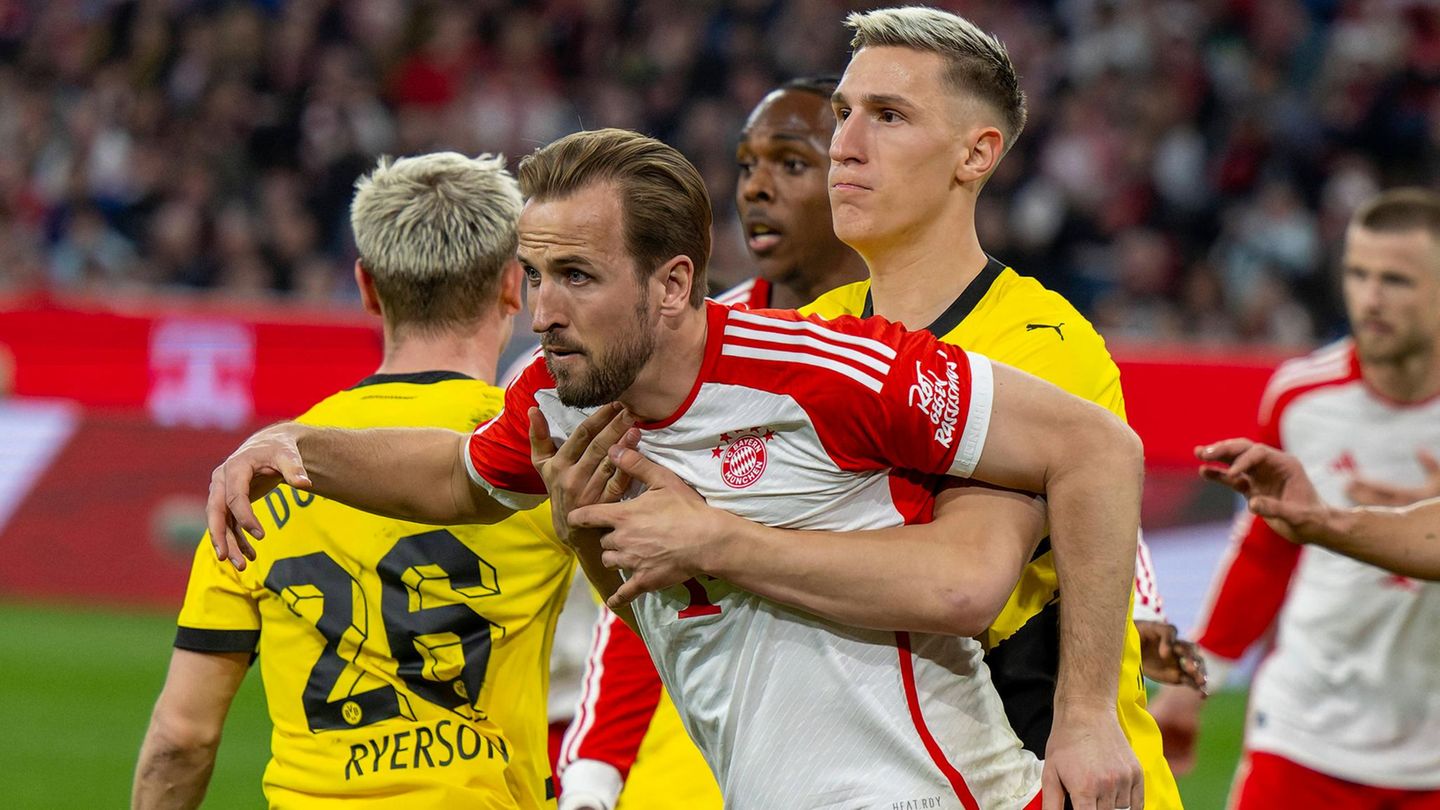In the fight for better working conditions in public transport, the Verdi union is currently receiving support from the climate movement Fridays for Future. The alliance has advantages for both sides.
It’s dark, cold and early. A fire barrel blazes. A bus provided provides some warmth for the strikers at their picket line at a Berliner Verkehrsbetriebe (BVG) depot in Berlin-Charlottenburg. It is the beginning of February, the beginning of the first round of warning strikes in the public transport tariff dispute.
In addition to the BVG employees, dozens of well-disposed and strikingly young people also gathered here. In thick jackets, hats and Verdi high-visibility vests, they support the union’s industrial action. They are activists from the climate movement Fridays for Future (FFF). Among them this morning is Luisa Neubauer, probably the best-known German face of the organization.
Fridays for Future has been supporting Verdi in its collective bargaining rounds for public transport for several years. The movement combines union demands for better working conditions for employees with its own concerns for a functioning transport transition and climate protection.
FFF has more than 100 rallies planned today
Both organizations want to campaign for these issues again today with a joint day of action. FFF alone has planned more than 100 rallies and demonstrations. Verdi’s second round of public transport warning strikes has been running in dozens of cities since Thursday. The union is currently negotiating in parallel with transport companies in 14 federal states.
Some things about this alliance seem paradoxical at first glance. Some people ask themselves why FFF supports the standstill in public transport when the movement actually wants to strengthen buses and trains. In addition, climate protection concerns and the interests of a union like Verdi do not always go hand in hand.
Finally, the union also represents employees of municipal utilities, where fossil fuels still play a major role. Verdi benefits above all from the great mobilization potential that FFF brings with it. But what do the activists get from the alliance?
Protest researcher: Phenomenon of the Indivisible movement
“What we are currently observing at Fridays for Future and Verdi is a phenomenon that we already know from the USA from the 1960s or from the German Indivisible movement in 2018,” says Daniel Saldivia Gonzatti, protest researcher at the Berlin Science Center for Social Research. “There is a mix of protest demands from various movements and organizations, a mix of demands that we in research refer to as ‘issue bricolage’.”
This has a big advantage for the climate movement: they, but also other ecological movements and the Greens, are often accused of moving in a bubble without understanding the needs of so-called normal citizens. “With collaborations like those with Verdi, FFF can succeed in refuting this accusation and seeking dialogue with these other citizens outside of their usual following,” says Saldivia Gonzatti.
Behind this is the realization: “You can’t protect the climate by not taking the so-called normal people with you. That’s exactly the point at which I think the climate movement benefits from cooperation.”
“Let’s show that our struggles belong together”
FFF also emphasizes this aspect: “While everyone talks about division, we show that our struggles belong together,” the movement said when asked. “Right now it’s important to talk about it with each other and to continue to ally ourselves with those with whom we might not have that much in common at first glance.”
This trust-building takes time and doesn’t stop at the fire barrel of the picket line. “So that we can strike together this Friday, we have been working together for years,” says Felicitas Heinisch from FFF. “For example, we are out and about in the depots, break rooms and workshops and talk to each other there.”
There is still sometimes mutual skepticism in these encounters. “But we focus on the 99 percent that unites us, instead of the 1 percent that divides us,” emphasizes Heinisch. “The demands of the employees for better working conditions are also our demands as a climate movement, as Fridays for Future.”
Source: Stern




